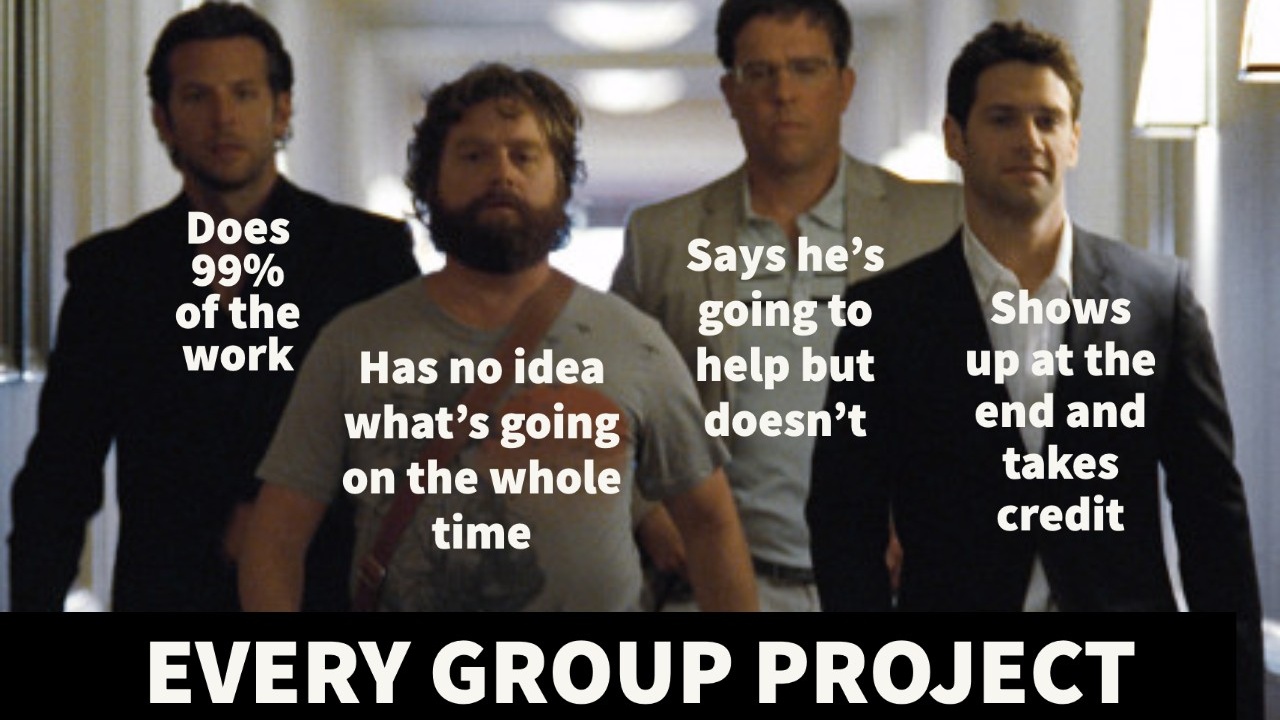
Why Many Teachers Hate Assigning Group Work
Jun 29, 2021When you release a book on classroom collaboration, and very publicly state how vital you believe it is that we teach our students how to work together, and thereby telling thousands of educators they need to do more group work, you can begin to understand that many teachers want nothing to do with collaboration in the classroom.
Since my new book, The Collaborative Classroom was released, I’ve received such wonderful feedback from teachers excited to explore new ways to thrive when giving group work, but I have also heard from many people who have no interest in breaking up the rows in their classrooms. From comments on Youtube and Facebook videos, to emails from people who saw the book on Amazon, there are strong feelings about classroom collaboration. And to be completely honest, I get it.
Here's why many teachers hate group work.
I understand the bad taste in our mouths that group work has left many of us. A lot of teachers were good, if not great, students when they were in school. As a result, they were often the ones during group projects doing all the work. They carried the stress and the weight of the work while others rode on their coattails. So already, many teachers bring this negative view of group work into the profession with them. And then when they do give collaborative activities, they see it all over again- the slackers, the ‘takeover students’, the wasted time, the limited resources, the trouble with assessing collaboration, the difficulty getting buy-in- and the hate for group work is solidified.
I absolutely get it. I understand the trepidation about having students learn in groups and the fear as an educator of having to manage that. It can be controlled chaos.
We need to discover better ways to do group work.
And this is the primary reason I wrote The Collaborative Classroom. We need to discover ways to teach our students collaboration without ripping our hair out in the process. We’ve got to find ways to plan and manage group work without it being a waste of time or a sacrifice of deeper learning. Our society needs collaborators. The modern workforce requires it, modern politics lacks its, and the overall division in our time can be healed by it. But this all requires people who know how to collaborate, and this all comes from being taught how to do it.
So while I completely understand our reservations to introduce more collaboration in the classroom, I also know that they are not an excuse not to do it. Instead, I think those reservations are really just a call to not teach collaboration in the way it has always been done. Those ways don’t work. This is why group work often feels like a waste of time. And yet when you see research that shows that collaboration is the number one skill sought by employers, you realize that there is obviously value in collaboration when it is done well.
There are frameworks to make group work effective.
So that’s what I attempted to do with my book. I want to help give a framework, some processes, ideas, stories, and research to help teach collaboration where it is not a waste of time, but actually the opposite. Because when students are truly working together, learning self-sufficiency and codependency at the same time; when they are learning to listen to each other and give critical feedback; combining their brain power to create something brilliant, learning is so much deeper than it ever could have been when done alone.
Stay Connected With Trevor's Work
Join thousands of educators who receive weekly articles, videos, and inspiration from Trevor.
SPAM is the worst. I promise to only send you my best stuff and NEVER to share your email.
